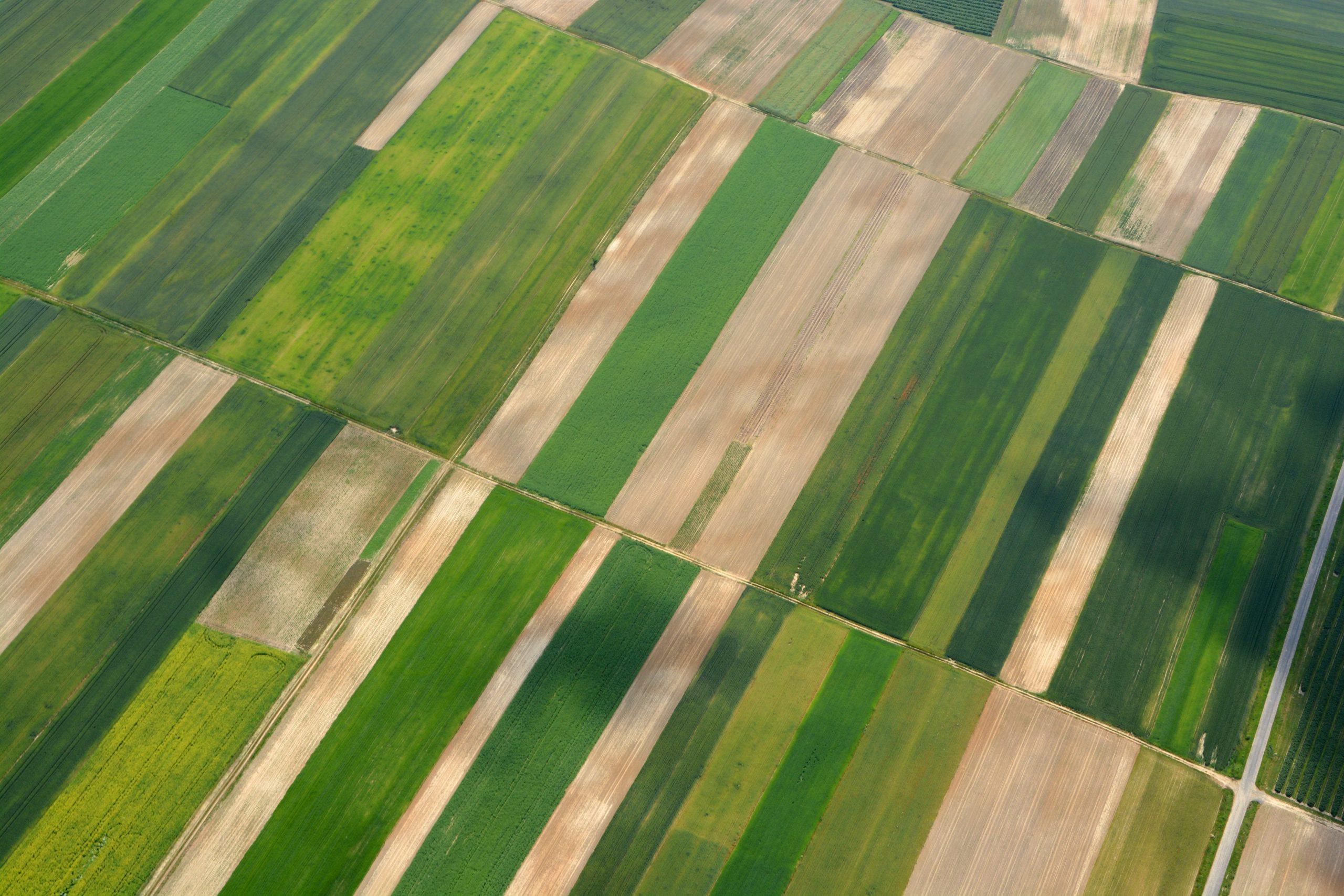U.S. Treasury, IRS Release Additional Guidance on Section 40B Sustainable Aviation Fuel (SAF) Credits and Modified GREET Modeling
On April 30, 2024, the Department of the Treasury (Treasury Department) and the Internal Revenue Service (IRS) published a third piece of guidance regarding the sustainable aviation fuel (SAF) credits implemented under Section 40B of the Inflation Reduction Act of 2022 (IRA) and 6426(k) of the Internal Revenue Code (IRC). The following information contains highlights of this notice. Producers will find guidance concerning SAF credits, life-cycle analysis, verification requirements, and emissions reductions safe harbor.
Highlights
- The IRS/Treasury guidance also announced the release of the new 40BSAF-GREET 2024 model to be used in calculating greenhouse gas (GHG) emissions for the hydroprocessed esters and fatty acids (HEFA production pathway) and alcohol-to-jet (ATJ-ethanol pathway).
- An additional emissions reduction opportunity is included when using corn or soybeans as part of the U.S. Department of Agriculture (USDA) Climate Smart Agriculture Pilot Program (USDA CSA Pilot Program).
- The modified GREET will only apply to the Section 40B SAF blending credit, which expires at the end of 2024.
- Use of the modified GREET model for Section 40B will require third-party certification and compliance.
- Renewable energy certificates (RECs) will be eligible, as well as credits for carbon capture and sequestration (CCS).
Full Summary
The U.S. Treasury Department and IRS notice issued on April 30, 2024, regarding the SAF credits implemented under Section 40B and 6426(k) of the Internal Revenue Code (IRC) includes the release of the new 40BSAF-GREET 2024 model to be used in calculating greenhouse gas (GHG) emissions, as well as an additional emissions reduction opportunity when using corn or soybeans as part of the U.S. Department of Agriculture (USDA) Climate Smart Agriculture Pilot Program (USDA CSA Pilot Program).
The modified GREET will only apply to the Section 40B SAF blending credit, which expires at the end of 2024. It is uncertain whether this model will remain the same or be updated for use with the Section 45Z tax credit, which goes into effect starting January 1, 2025, until the end of 2027.
READ MORE: U.S. Treasury and IRS Release Guidance on Section 40B Sustainable Aviation Fuel (SAF) Credits
The new 40BSAF-GREET 2024 model calculates emissions from two production pathways: hydroprocessed esters and fatty acids (HEFA production pathway) and alcohol-to-jet (ATJ-ethanol pathway). Per the regulation in IRC Section 40B, the use of the model will require third-party certification of compliance. Certification from a California Low Carbon Fuel Standard (CA-LCFS) verifier will be considered as meeting requirements if the certification is obtained in a form similar to an LCFS Verification Statement. If the producer uses CSA feedstock (described below), a different certification format will be used. EcoEngineers’ expert Life Cycle Analysis (LCA) team is doing a deep dive into the new 40BSAF-GREET 2024 model. Upon the first review of the User Manual, it appears renewable energy certificates (RECs) will be eligible, as well as credits for carbon capture and sequestration (CCS).
Corn used in an ATJ-ethanol pathway that is part of the USDA CSA Pilot Program is eligible for a 10-point reduction in the life-cycle emissions value, while soybeans used in the HEFA pathway are eligible for a five-point reduction. For corn production to qualify under CSA, the farm must use the practices of no-till, enhanced low-carbon fertilizer, and cover crops. CSA soybean producers must only use no-till farming and plant cover crops. The entire field must be subject to these practices and the feedstock must be grown in the United States (U.S.). Farmers must obtain a Certificate for Climate Smart Agriculture Crops.
READ MORE: Life-Cycle Analysis – The Praxis of Carbon Accounting
SAF producers using CSA feedstock must have a direct contract with a farmer, collect and maintain the Certificate for Climate Smart Agriculture Crops from the farmer, maintain records as described in Appendix A of the notice, and allow all records to be available for certification. Certification requires the auditing of supply chain records and a complete mass balance sheet verifying the traceability of crops to the SAF producer.
Applicants with pending applications for the credit who would like to instead claim credits using the new methodology may contact the IRS to do so.
A link to the notice can be found here.
Our team is ready to assist you with addressing your regulatory, LCA, and/or auditing/verification needs, and to be a resource for you in answering questions to successfully comply and monetize credits under this new guidance.
For more information about our regulatory, LCA, or auditing/verification services as they pertain to the latest IRS and U.S. Treasury Section 40B SAF guidance, please contact clientservices@ecoengineers.us.




